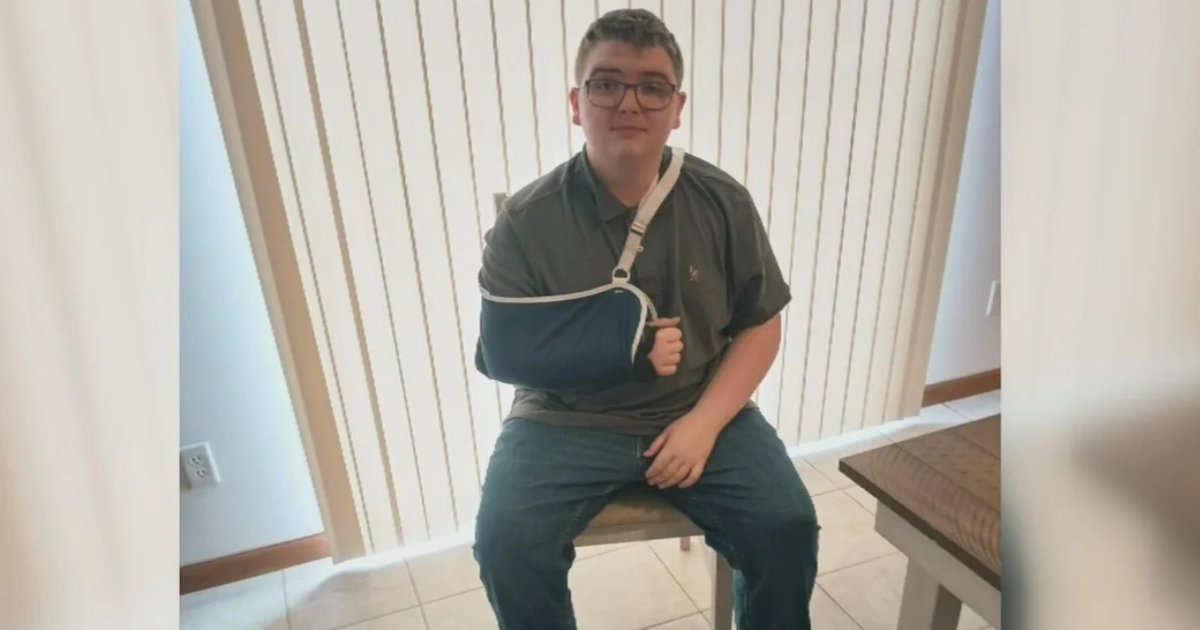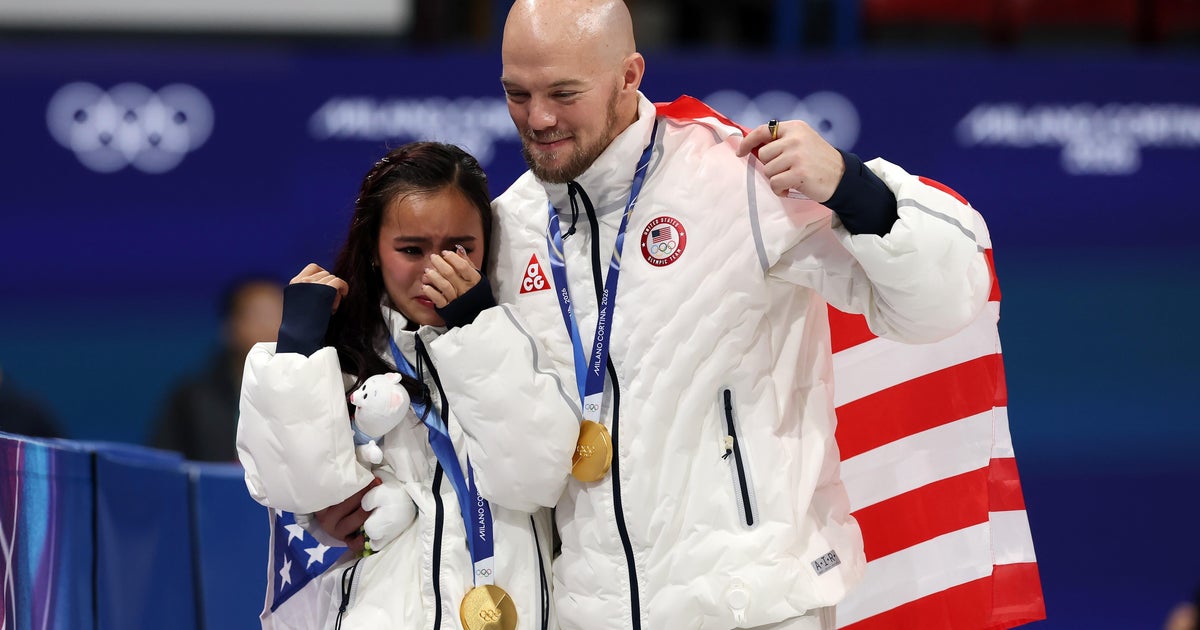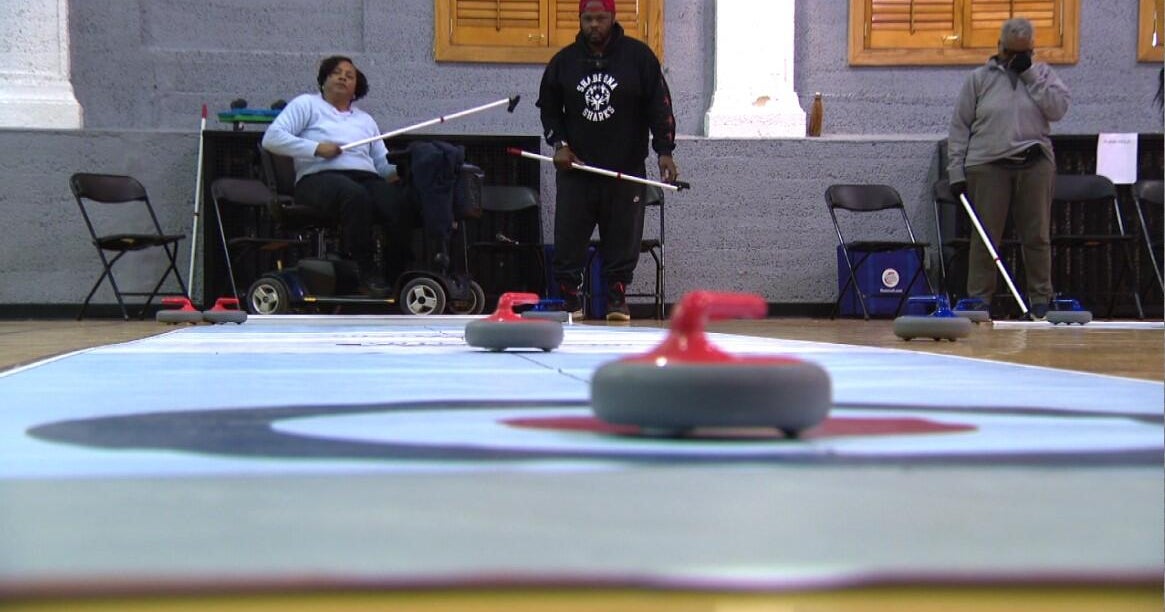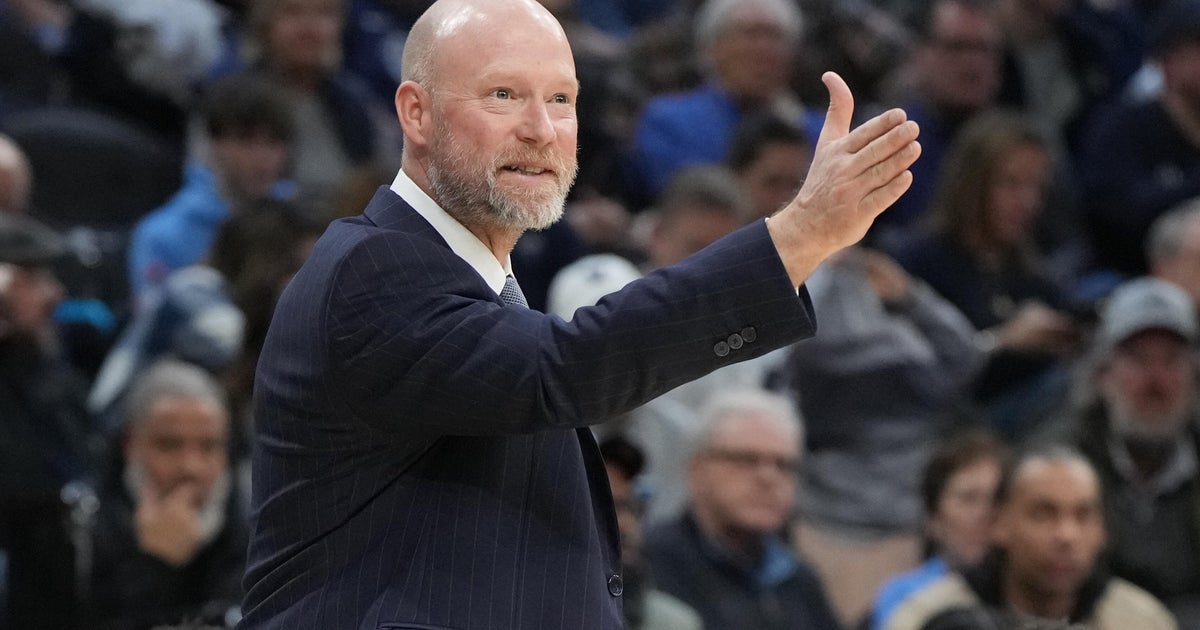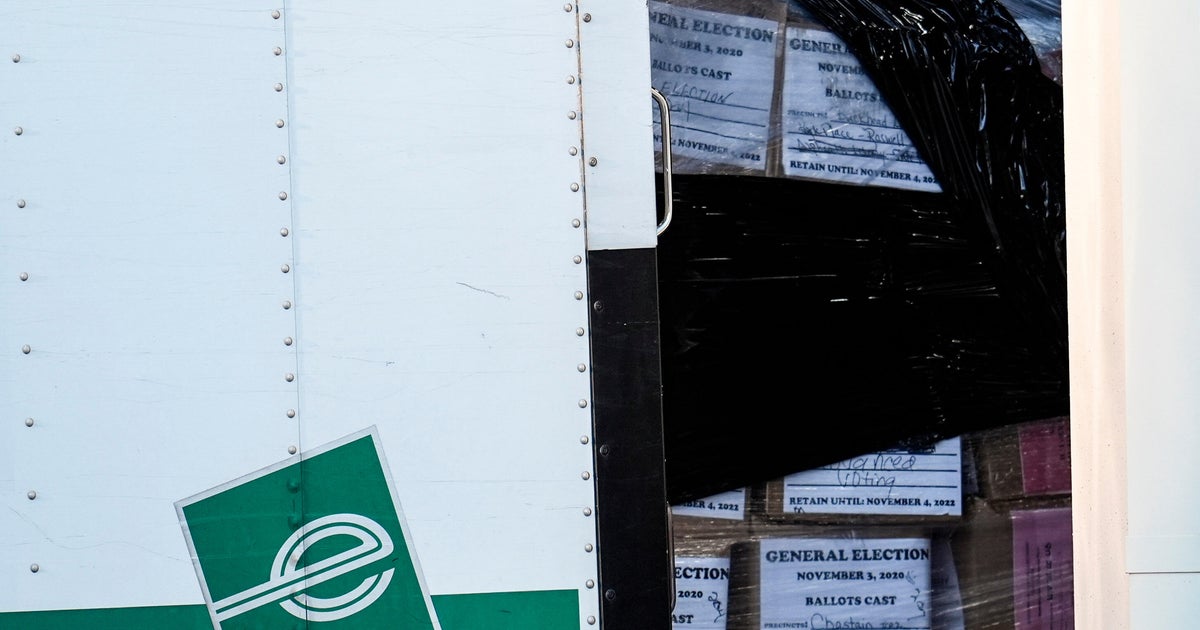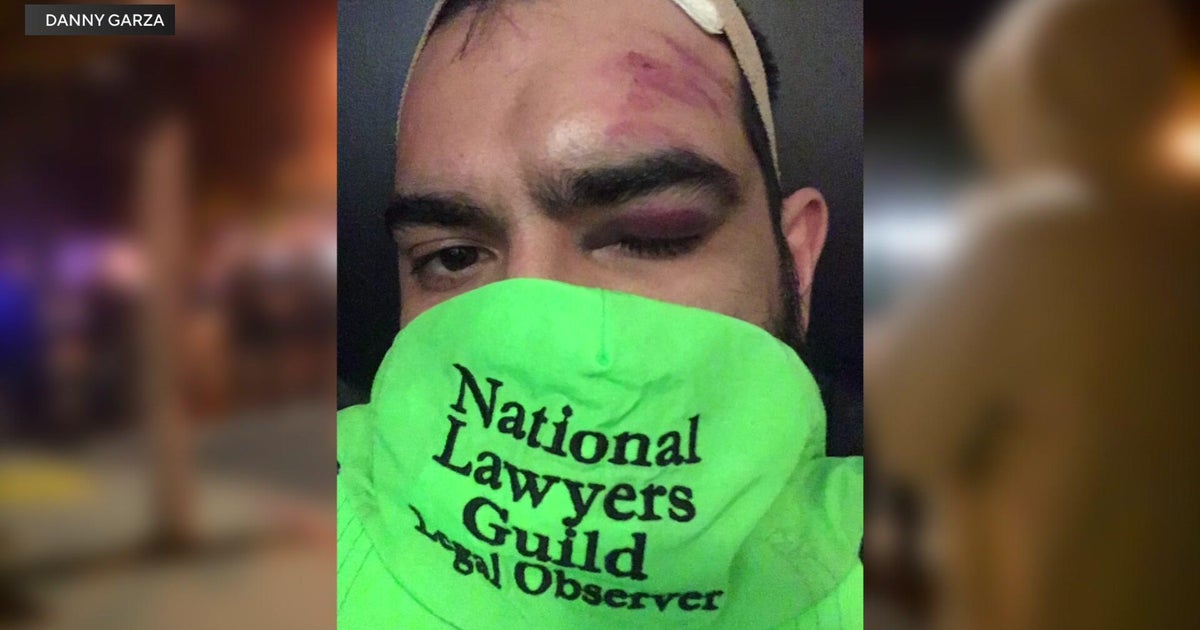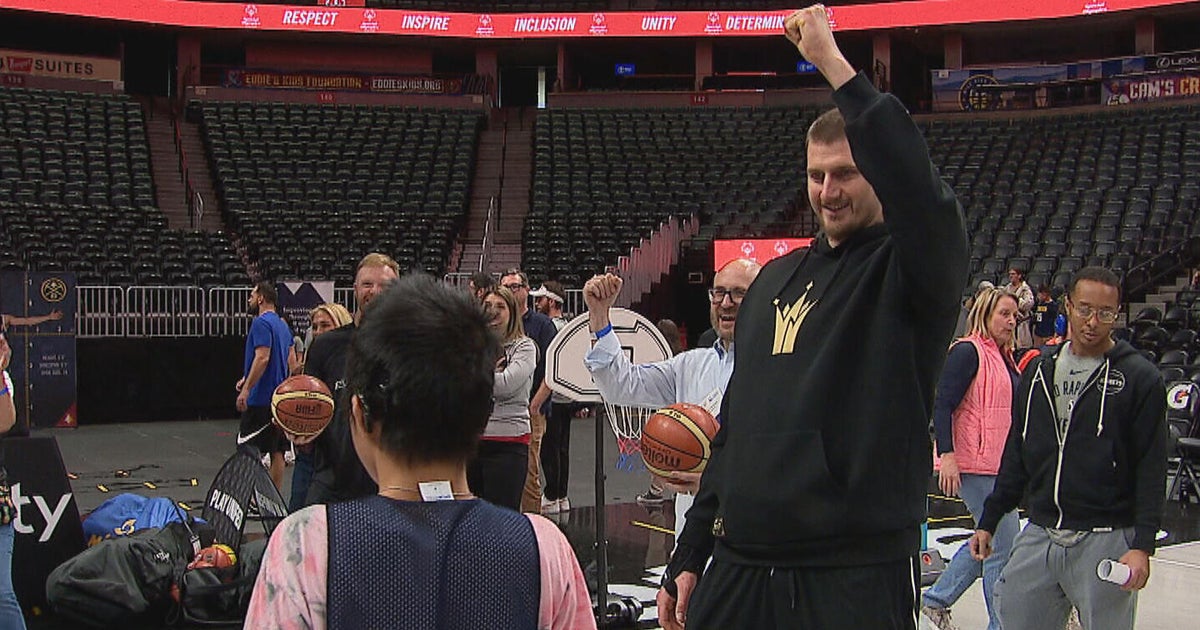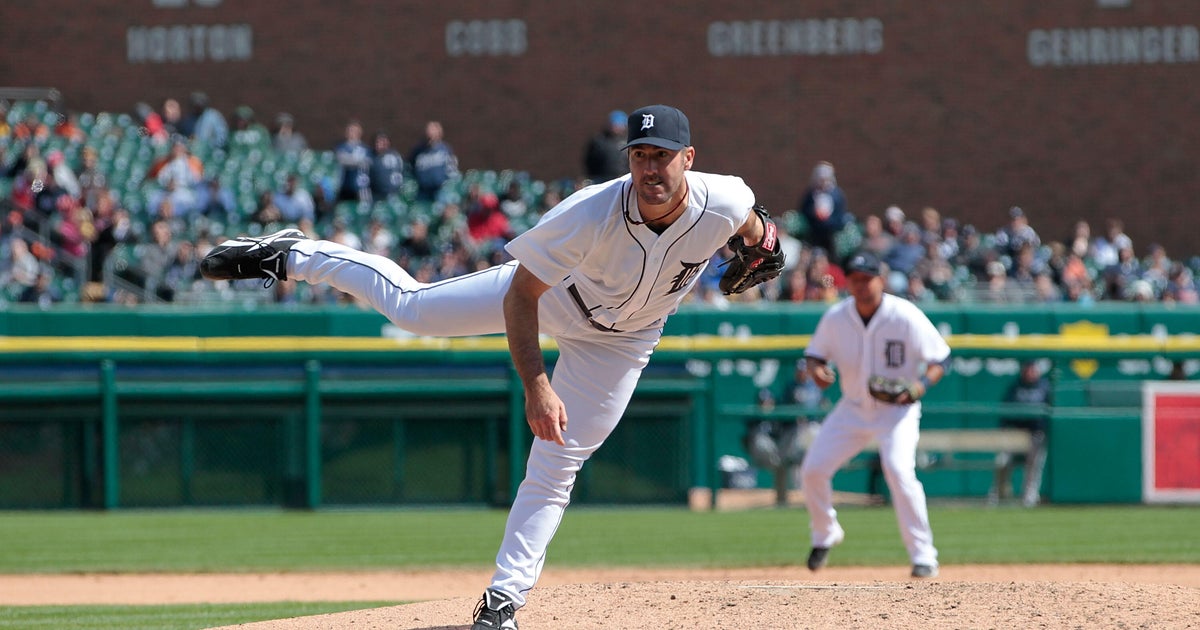Judge OKs Reworked NCAA Concussion Deal With Changes
CHICAGO (AP) -- A federal judge gave preliminary approval Tuesday to a reworked head-injury settlement between thousands of former athletes and the NCAA that includes a $70 million fund to pay for brain trauma testing and limits legal immunity for the nation's largest college sports governing body.
U.S. District Judge John Lee praised the new deal for expanding potential plaintiffs to athletes from sports beyond football, hockey and other contact sports. But he suggested several changes - most notably ones modifying what would have been a blanket protection for the NCAA from class-action lawsuits over concussions, something the organization may find unacceptable.
The core of the agreement remains largely the same. That includes the NCAA creating the fund to test current and former athletes for brain injuries they say they suffered while playing collegiate sports. The tests would gauge the extent of neurological injuries and could establish grounds for individual athletes seeking damages.
The NCAA is also required to toughen return-to-play rules after a concussion, and all athletes will take baseline neurological tests to start each year to help doctors determine the severity of any concussion during the season. A new, independent Medical Science Committee will oversee the medical testing.
"To the extent that the Settling Plaintiffs and the NCAA are agreeable to these modifications or are otherwise able to address the Court's concerns, preliminary approval of the amended class settlement is granted," Lee wrote in his 53-page ruling.
The NCAA admits no wrongdoing in the settlement and has denied understating the dangers of concussions. Its chief legal officer, Donald Remy, issued a cautiously worded statement that did not indicate whether the organization might have concerns about the ruling.
"While we are pleased the court has provided a preliminary pathway to provide significant resources for the medical monitoring of student-athletes who may suffer concussion, we are still examining the conditions placed on preliminary approval," he said.
Jay Edelson, a Chicago-based attorney for athletes who had long opposed the settlement, said he was pleased with the judge's provisions for scaling back NCAA immunity from future suits. He said he believed the proposal would likely bar national class-action suits but also allow class actions against individual schools or, in some cases, even the NCAA.
"So we are thrilled," he said. He said the NCAA might conclude the scaling back of class-action protections is poison pill that forces it to withdraw its backing.
The number of athletes who may require testing runs into the tens of thousands. In court filings, the plaintiffs cited NCAA figures that said from 2004 to 2009 alone, 29,225 athletes suffered concussions. Lee on Tuesday also ordered the plaintiffs' attorney to begin the process of notifying those who could qualify for settlement benefits.
In his December 2014 ruling rejecting the first deal, Lee portrayed it as unclear in sections and potentially underfunded.
Among the new elements in the reworked deal was stronger wording mandating that all NCAA member schools must adopt tougher concussion-management and return-to-play guidelines. If they don't follow the NCAA lead, they could lose some of the legal protections from lawsuits.
To keep the NCAA from having to hold unwieldy talks with multiple plaintiffs, 10 lawsuits filed from Georgia and South Carolina to Minnesota and Missouri were consolidated into the one case in Chicago, where the first lawsuit was filed in 2011. Combined, the suits identified several dozen athletes by name as having suffered brain trauma.
The lead plaintiff was Adrian Arrington, a former safety at Eastern Illinois who said he endured five concussions while playing, some so severe he has said he couldn't recognize his parents afterward. Subsequent headaches, memory loss, seizures and depression made it difficult to work or even care for his children, filings said. He later withdrew his support because of the settlement, singling out provisions that largely shielded the NCAA from class-action suits.
Another plaintiff who hasn't withdrawn his support is former Central Arkansas wide receiver Derek K. Owens. After several concussions, he said he found he could no longer retain what he had just studied. His symptoms became so severe he dropped out of school in 2011, telling his mother: "I feel like a 22-year-old with Alzheimer's."
Copyright 2016 The Associated Press.
